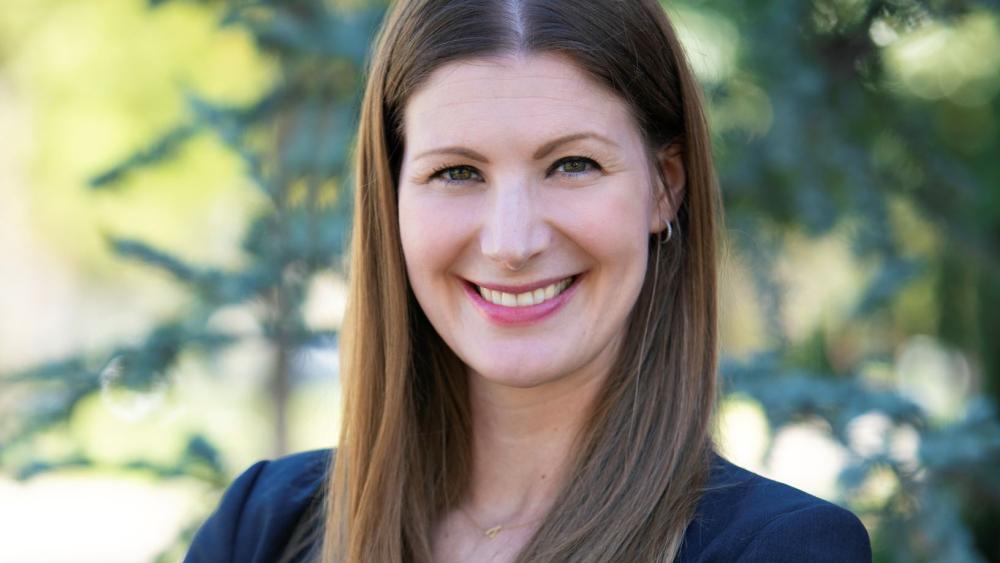 (AGENPARL) - Roma, 28 Giugno 2022
(AGENPARL) - Roma, 28 Giugno 2022(AGENPARL) – STATE COLLEGE mar 28 giugno 2022

The Supreme Court was much more integrated into the partisan political world at that time, Shelden explained.
“Americans expected that justices would operate in ways that were moral and upstanding, despite how deeply connected they were to party politics,” said Sheldon. “It wasn’t rank corruption; it was just the way the government worked in the 19th century, at a time when the Supreme Court had much less power than it does today.”
Despite people’s tendency to judge the past through a current day lens, “it is important to recognize that there was a language and a culture that undergirded the way people behaved in the 19th century,” she said. “We have to suspend our understanding of the way things work from our 21st-century perspective in order to really get a sense of what people thought and how they understood their world in the 19th century.”
“Rachel Shelden’s work is a fine example of how rigorous historical scholarship can really resonate with the present moment,” said Michael Kulikowski, Edwin Erle Sparks Professor of History and Classics and head of the Department of History. “At a time when the Supreme Court is widely perceived as engaging in partisan politics, it is important for people to understand that what feels novel to us in the present has deep historical roots. I’m really pleased to see Dr. Shelden’s groundbreaking work getting the national recognition it deserves.”
“The fact that the NEH chose to fund this project is a real testament to how important these issues are today,” Shelden said, noting that she is very grateful for the opportunity the NEH has given her. “People care deeply about the Supreme Court and want to know more about its history.”
The research involved in “The Political Supreme Court” — the working title for Shelden’s book project — aligns perfectly with the focus of the Richards Civil War Era Center and will also benefit students, Shelden said.
“The Richards Center has always been concerned with the history of American democracy, including how our political system operates,” said Shelden, who became director of the center in 2019.
Shelden also teaches U.S. Constitutional History to 1877, an important course she said has been taught by generations of outstanding scholars.
“I always bring my research to the classroom, and I hope my project will be inspiring to students as well as to the general public,” she said. “I know this will be a longstanding part of my teaching and the Richards Center going forward.”
Fonte/Source: https://www.psu.edu/news/liberal-arts/story/richards-civil-war-era-center-director-garners-neh-fellowship

